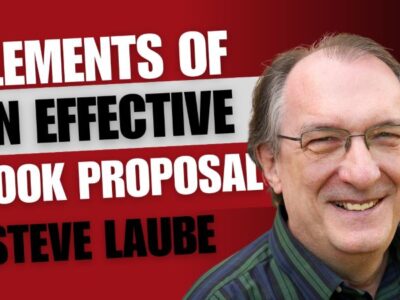[I posted this piece four years ago and thought it worthwhile to repeat it.]
Today is Labor Day in the U.S., a national holiday. The holiday is “a creation of the labor movement and is dedicated to the social and economic achievements of American workers. It constitutes a yearly national tribute to the contributions workers have made to the strength, prosperity, and well-being of our country” (a quote from the official U.S. Department of Labor page).
However, my mind wondered about a variation of the main word “labor.” Thought of “laborious.” A quick look found this definition of the adjective:
(of speech or writing style) showing obvious signs of effort and lacking in fluency, “his slow, laborious style”
https://www.google.com/search?q=laborious
Then I found this scathing Amazon review, which helps define this more clearly: “Dense and seemingly exhaustive in its research, this book was a tedious read at best. The author’s choice of words and phrasing feel as if it was written in the late 1800s; so much so as to be annoying as if the author believes he is from the period that he is writing about.” (Amazon link)
Ouch!
Check Your Work
Take a quick look at your writing. Could you delete 20% of your most recent chapter and not lose any meaning or storytelling? Could it be that the lure of “more words” has crept into your style? Are you being pedantic? Using too many thesaurus words? Throwing words at the scene or topic to see what sticks?
Dare I write the next paragraph in this blog? Or did I already make my point? Do I need a second illustration here? Do I really need to explain my point further?
No more labor for me.
[I left the comments from the last time because they add to the conversation! And we can’t remove an Andrew poem!]








